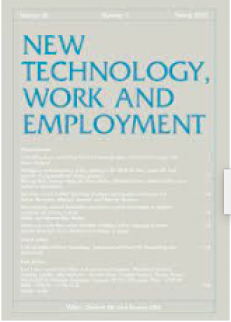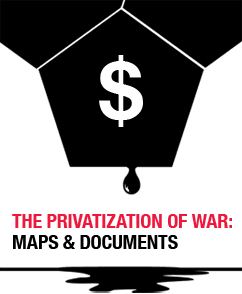Akademische Artikel
A pandemia da COVID-19 e a luta de classes
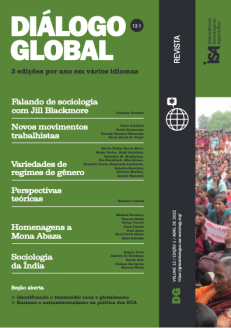
A pandemia da COVID-19
por Dario Azzellini, Universidade Autônoma de Zacatecas, México
疫情下的階級抗爭
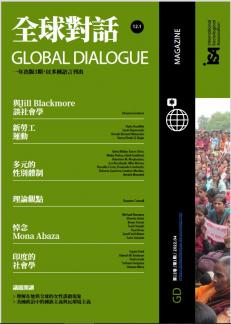
疫情下的階級抗爭
Dario Azzellini,Universidad Autónoma de Zacatecas,墨西哥
在資本主義的危機下,原有的社會不平等變得越加嚴重,而新冠肺 炎的肆虐也使得這個現象變本加 厲。相較於2019年,2020年的前九個月勞工 收入大約減少了10.7%(約等於三兆五千億 美金);於此同時,超過兩千兩百位億萬富翁 的總資產額從2019年的九兆五千億美金上 升至隔年的十一兆四千億美金。全球各地的 研究皆顯示貧窮和勞動階級人口的COVID 感染率和住院率較高,其中黑人、原住民以及 特定種族的勞動階級更有顯著的染疫率以及 死亡率
> 疫情所致的抗爭
這段期間工人階級發起了各種抗爭,有 些因疫情而起,有些則與其沒有太大的關聯。因為疫情而日益漸增的壓力和染疫風險,使一些受影響層面較廣的行業開始出現各種遊 行抗議和罷工示威活動,特別是低收入和工 作環境較差的職業。例如:醫療保健工作、護 士、倉儲業、郵購業務、後勤工作、大眾運輸業 和食品製造業中的肉製食品及農產品業者。
COVID-19 Pandemisi ve Sınıf Mücadelesi
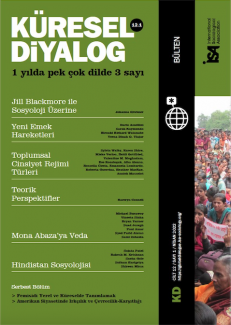
> COVID-19 Pandemisi ve Sınıf Mücadelesi
Dario Azzellini, Zacatecas Otonom Üniversitesi, Meksika
Pandémie de COVID-19 et lutte des classes
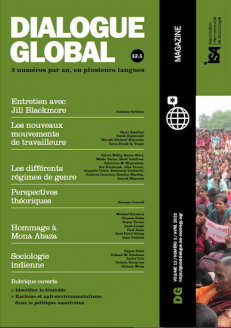
Pandémie de COVID-19 et lutte des classes
Dario Azzellini, Universidad Autónoma de Zacatecas, Mexique
La pandemia de COVID-19 y la lucha de clases
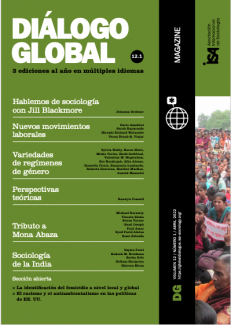
La pandemia de COVID-19 y la lucha de clases
por Dario Azzellini, Universidad Autónoma de Zacatecas, México
The COVID-19 Pandemic and Class Struggle
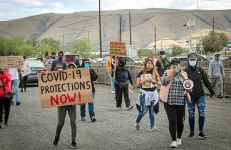
Crises under capitalism tend to increase existing inequalities. This is also a consequence of the handling of the COVID-19 pandemic. Global labor income decreased by an estimated 10.7 % (or US$3.5 trillion) in the first nine months of 2020 compared to the previous year. Meanwhile, the total combined wealth of the more than 2,200 official billionaires worldwide grew from $9.5 trillion on December 31, 2019 to an estimated US$11.4 trillion a year later.
Global Dialogue, GD 12.1 - April 2022
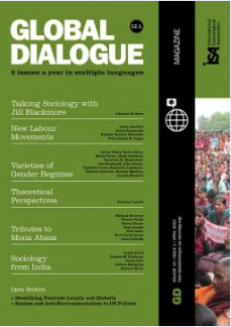
Editorial
Universities and science are undergoing far-reaching changes as a result of their marketization or quasi-marketization under neoliberal governance. In this issue of Global Dialogue we take up this topic in our section ‘Talking Sociology.’ Jill Blackmore has been studying the profound restructuring experienced by Australian universities over the last decades. In this interview she elaborates on these restructurings, the forces that drove them, and the effects they have on academic knowledge production and epistemic justice.
Class Struggle from Above and from Below during the COVID-19 pandemic
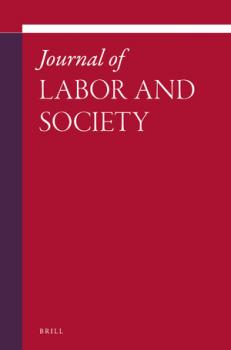
Crises under capitalism, as historical analysis proves, tend to entail a transfer of wealth from the poor to the wealthy. Inequalities between poor and wealthy, between people of color and white people, between North and South and between genders are increasing. Most scholars will agree that this is also happening on a global level as a consequence of the handling of the covid-19 pandemic. However, there is a lot of disagreement regarding the evaluation of workers’ resistance.
Digitalization and marketization in live music
Limits of the platform economy
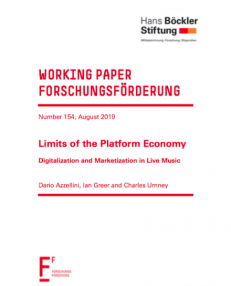
Online platforms have disrupted parts of the capitalist economy, with allegedly severe consequences in the world of work. This study examines live music in Germany and the UK, where online platforms do not dominate, despite considerable digitalization of market intermediaries. The analysis shows that, as the degree of digitalization increases, matching services tend to work less as a workers representative which is traditionally the case for live music agents and more as a force of marketization that disciplines workers by orchestrating price-based competition.
